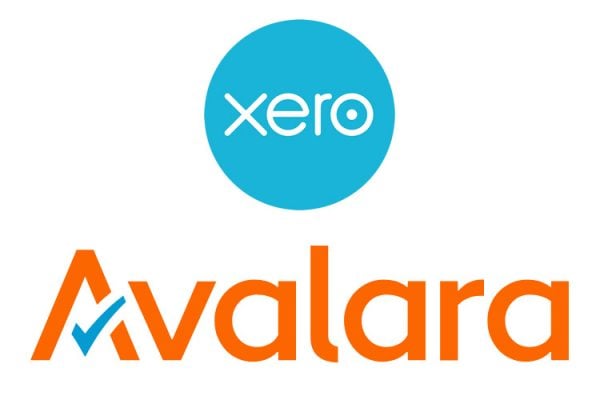Alex Baulf, Senior Director Global Indirect Tax at Avalara talks tax must-knows for retailers operating in the metaverse:
The Metaverse continues to attract retailers across the globe. In a recent survey of 1000 retailers in the UK, US and India, Avalara found that 86% of retailers already consider the metaverse an important channel for ecommerce. Moreover, many retail businesses are already looking to the Metaverse as a viable commerce channel – with almost 31% planning to prioritise virtual shopping in 2023. Yet, whilst the prospects of a virtual retail is tantalizing for many retailers, it’s worth noting that there is no escaping tax obligations – not even in the Metaverse.
Governments around the world are already considering tax activities within the metaverse. However, much like the constantly expanding and changing virtual world itself, this is a work in progress. Those retail businesses which proactively start to navigate the virtual tax landscape for themselves, will get ahead in a market which will become increasingly competitive.
Why we need to talk VAT
One issue which makes it so complex is the classification of virtual currencies, such as Bitcoin and other cryptocurrencies. The UK government has already taken steps to regulate these currencies, classifying them as assets rather than currency for tax purposes. This means that any gains made from trading virtual currencies are subject to capital gains tax.
In addition to virtual currencies, other forms of income generated within the metaverse may also be subject to taxation. For example, income earned from activities such as virtual property development, the sale of virtual goods or services, and even in-game advertising may be subject to income tax.
Another potential area of taxation is value-added tax (VAT), which could be levied on virtual goods and services sold within the metaverse. However, this ultimately depends on how tax authorities classify virtual goods and services, and whether they are considered to be digital services for VAT purposes.
It sounds intimating, and possibly even off-putting, for retailers to dip their metaphorical toes into the virtual world. But for those that do, there are huge opportunities up for grabs. According to McKinsey, by 2030 e-commerce revenue in the metaverse could total between $2 – 2.6 trillion.
Breaking it down and thinking about virtual transactions with the same principles in mind as you would for any other transaction can really help see the wood from the Minecraft trees. Below, we look at four core considerations for any retailers planning their meta-commerce move.
- Real Tax, Real locations. Digital services are taxed where the customer is and, as traditional payment methods might not be used in the metaverse, you might not actually have the data to know where your customer is, which could result in increased risk of late registrations, tax assessments and penalties, as well as additional scrutiny from overseas tax authorities.
- Who pays the VAT? There is a new level of intermediaries involved within the metaverse(s) – the company which runs the ecommerce platform may well be different to the company selling on it. Keep in mind who is providing the services as this is usually who is liable to pay the tax. However, some countries have introduced special platform, marketplace and intermediary rules that can make the intermediaries the deemed seller for VAT purposes.
- What help is out there for businesses? There are big questions about whether the current tax laws are still fit for purpose and lots of regulatory bodies are taking matters into their own hands in a search for clarity. For example, Germany has said parcels of land in SecondLife aren’t subject to tax but that is at odds with normal practise. Tax authorities will need the right tools to effectively levy and collect tax arising from meta transactions or risk significant amounts falling into this virtual tax gap. This ‘gap’ is currently estimated to be €93 billion in the EU alone. As global economics battle with recessions, this amount of capital simply cannot be missing from government revenue.
- Understanding transactions in the metaverse Just because a sale happens in the metaverse doesn’t mean the product isn’t real and therefore needs taxing as such. Make sure you’ve got your tax obligations set up to meet the item being fulfilled, not just the environment in which it’s being sold. Just because a real pair of Nike trainers are bought in Nikeland doesn’t mean they don’t carry the same taxation requirements as those bought online from nike.com. VAT will likely be due based on the ship-to destination, and sellers may have a requirement to register for VAT in that destination country. There are simplifications like the EU’s IOSS registration that may help.
With major retail businesses such as Nike and Walmart rapidly entering the metaverse market, it is clear that shopping virtual is a legitimate phenomenon. The future of retail is increasingly virtual, with the metaverse having the potential to stamp their brand across any home – and on a global scale. Opportunities in the metaverse show no sign of stopping, nor slowing down, so it’s imperative that tax authorities can keep up with this constantly evolving and far-reaching industry. Retailers must ensure they understand the tax laws applicable to the metaverse and glean from expert advice and help to avoid falling foul of the constantly moving goal posts.









